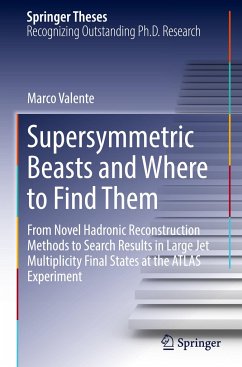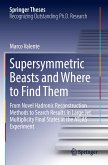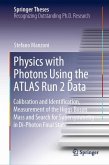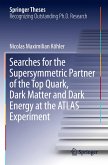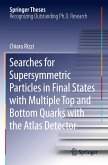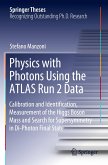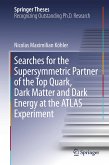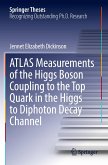After an extensive overview of the Standard Model and of the theory and phenomenology of Supersymmetry, this book describes the recent development of the ATLAS Particle Flow algorithm, a hadronic reconstruction technique aiming at enhancing the sensitivity of the experiment to new physics through the combination of the information from different ATLAS sub-detectors. The first ever ATLAS strong SUSY search exploiting this technique is also described, reporting the results and exclusion limits obtained using the complete proton-proton collision dataset recorded by the ATLAS experiment during the second Run of the Large Hadron Collider (LHC).
Bitte wählen Sie Ihr Anliegen aus.
Rechnungen
Retourenschein anfordern
Bestellstatus
Storno

